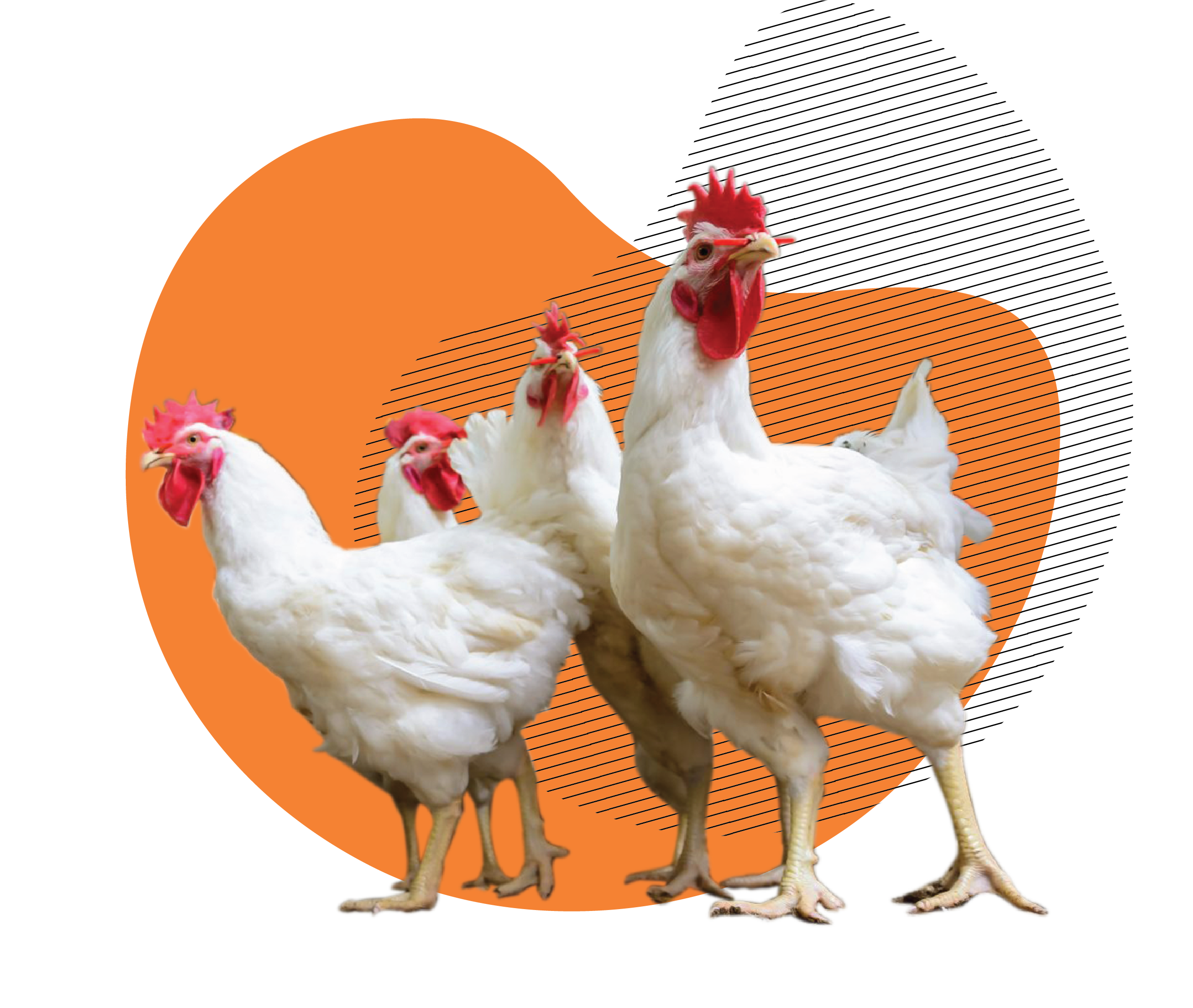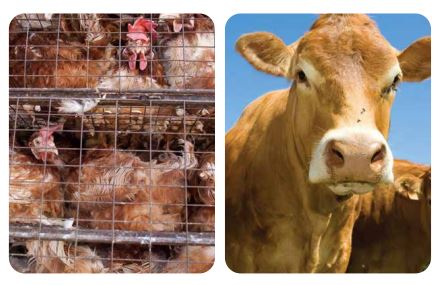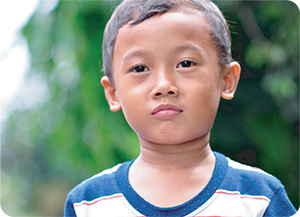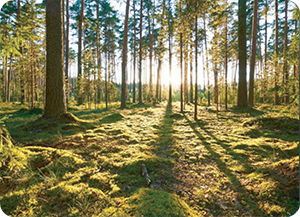
FARM
WELFARE
Co-Founder JAAN
OUR FOOD IS BEING PRODUCED
Do you know where your daily food came from? And the way the animals being caged in farms right now? If not, then it is time for you to know about that. Nowadays, it is not uncommon to find farm animals being caged in terrible condition for food industry. In order to produce food with minimum cost, farms all over the world including in Indonesia invested in horrible farming system where large amount of animals put in tiny cages. Helping to change this condition is important thing for us to do.
We Should be Concern Based on
THE ANIMALS
They can barely move so they can’t express their natural behavior. Other various studies also stated that animals such as poultry, cows, goats, pigs and sheep are living creature that can feel pain and emotions.They don’t deserve to be treated like machines


HUMAN HEALTH
The World Health Organization already issued a warning that when the irresponsible use for antibioticcs on animals and human is allowed, then we could experience a post-antibiotic period when curable diseases can caused death.
ENVIRONMENT
The use of fishmeal as animal food has raised some attention. According to the UN, around 15 million tons fish were caught every year to produce fishmeal and mostly used in chicken farms

